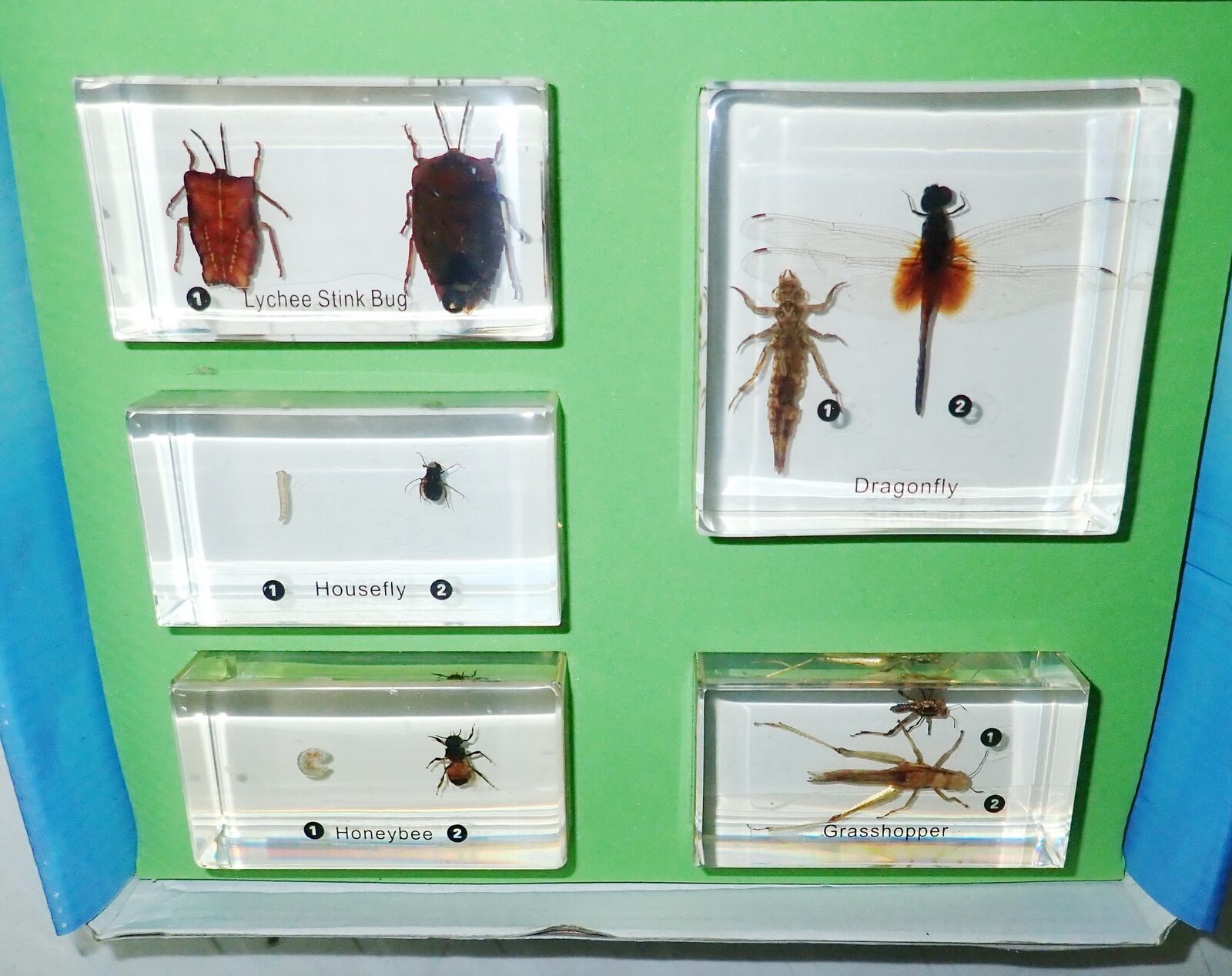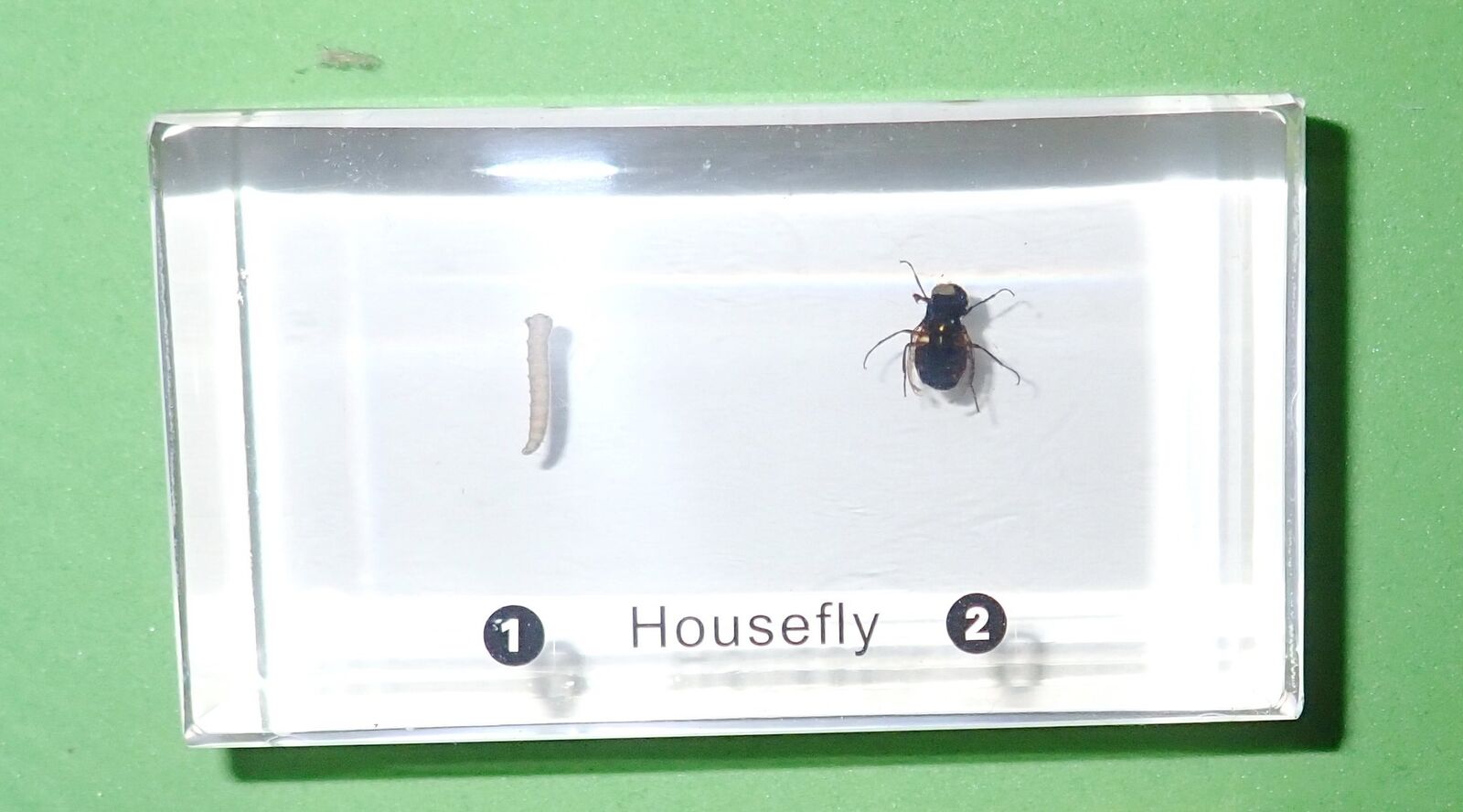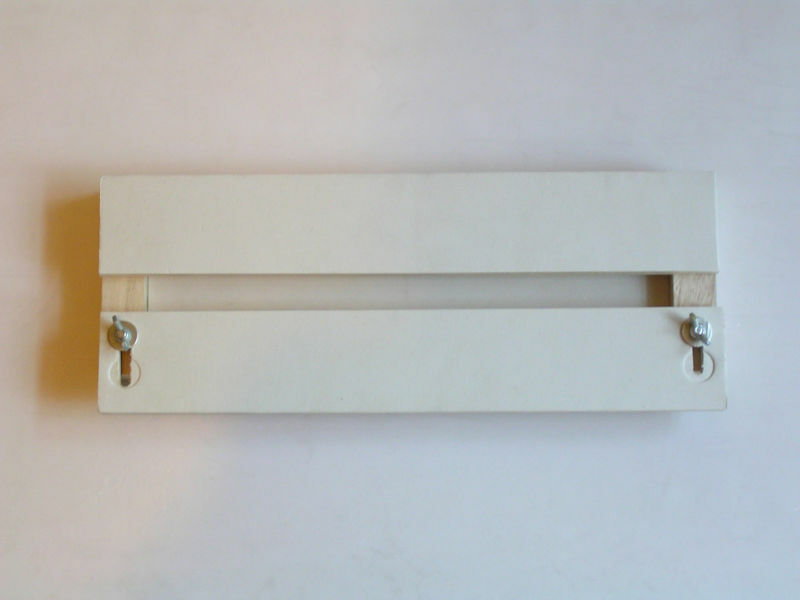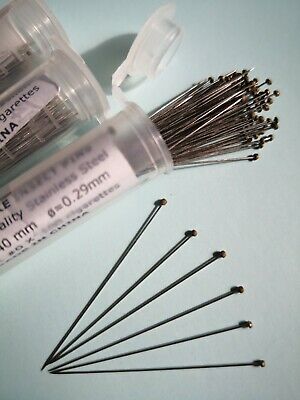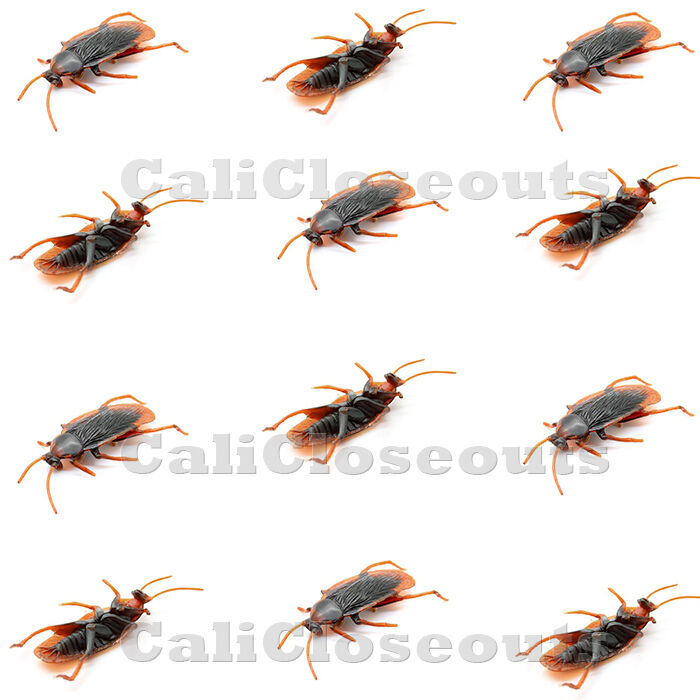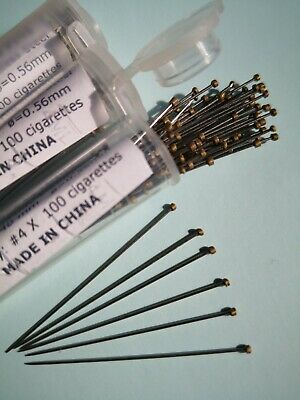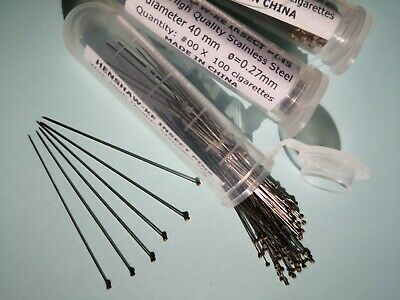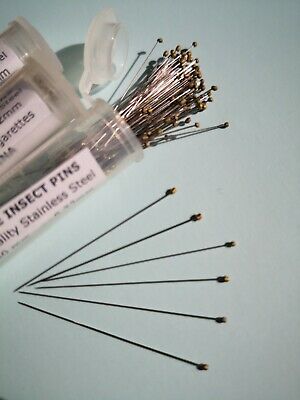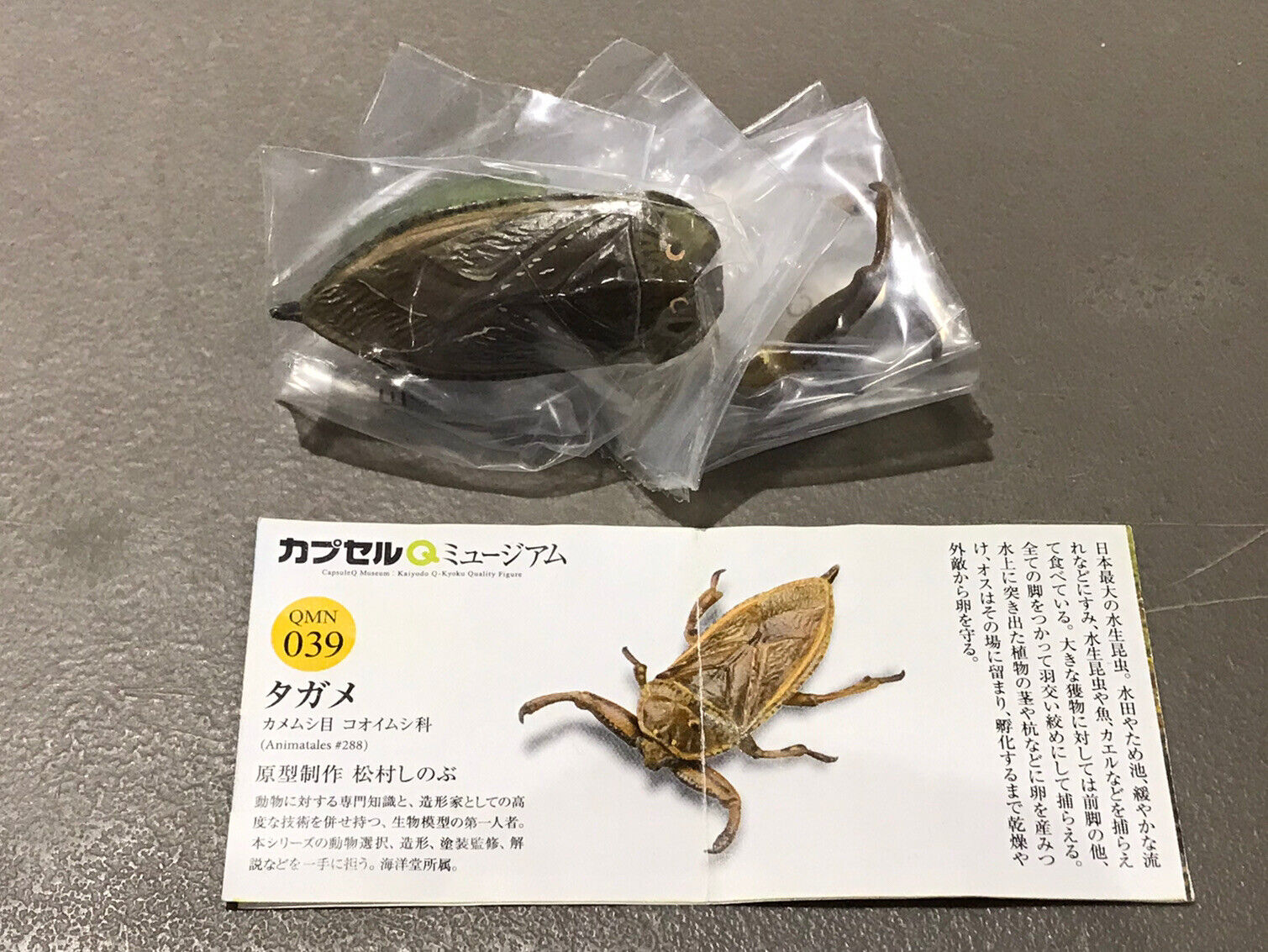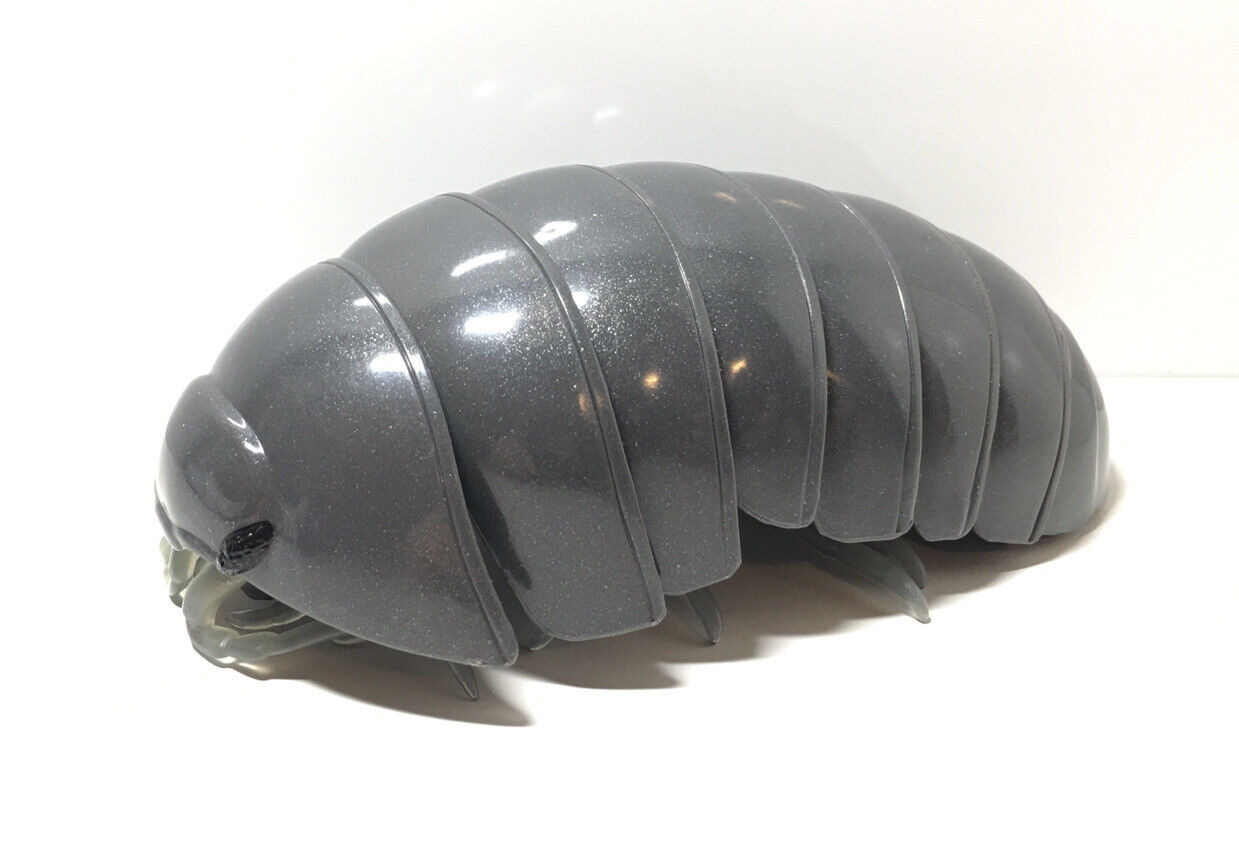-40%
5 Insect Box Set Adult and Nymph in Clear Resin Block Education Specimen 1721
$ 18.47
- Description
- Size Guide
Description
Real adult and nymph (or larva) specimen of 5 different insects (House Fly - Musca domestica, Honey Bee - Apis mellifera, Rice Grasshopper Locust - Oxya chinensis, Lychee Stink Bug – Tessaratoma papillosa, Scarlet Skimmer Dragonfly - Crocothemis servilia) permanently encased in clear lucite material. The specimens are crystal clear, indestructible and transparent. Safe, authentic and completely unbreakable product put the specimens right at your fingertips!Anyone can safely explore the specimens from every angle.
It is clear enough for microscope observation.
Selltotheworld
From all around the world
5 Insect Box Set Adult and Nymph in Clear Resin Block Education Specimen 1721
Real
adult and nymph (or larva) specimen
of 5
different insects
(
House Fly
-
Musca domestica,
Honey Bee -
Apis mellifera,
Rice Grasshopper Locust -
Oxya chinensis,
Lychee Stink Bug –
Tessaratoma papillosa,
Scarlet Skimmer Dragonfly -
Crocothemis servilia
)
permanently encased in clear lucite material. The specimens are crystal clear, indestructible and transparent. Safe, authentic and completely unbreakable product put the specimens right at your fingertips!
Anyone can safely explore the specimens from every angle.
It is clear enough for microscope observation.
Size of the lucite blocks are 7.3x4.1x2.5 cm (2.9x1.6x1.0 inch) and 7.5x7.5x2.4 cm (3x3x0.9 inch).
Weight of each lucite block is 85 gram and 160 g.
These are handmade real specimen crafts. Each one will be a bit different (specimen size, color and posture) even in the same production batch.
The pictures in the listing are just for reference as we are selling multiple pieces with same pictures.
It is an ideal learning aid for students and kids and also a very good collectible item for every body.
***
House Fly -
Musca domestica
Order: Diptera Family: Muscidae Subfamily: Muscinae Tribe: Muscini Genus:
Musca
Species:
M. domestica
The
housefly
(also
house fly
,
house-fly
or
common housefly
),
Musca domestica
, is the most common of all flies found in homes, and indeed one of the most widely distributed insects, found all over the world; it is often considered a pest that can carry serious diseases.
The adults are 8–12 mm long. Their thorax is gray, with four longitudinal dark lines on the back. The underside of their abdomen is yellow, and their whole body is covered with hair-like projections. The females are slightly larger than the males, and have a much larger space between their red compound eyes.
Like most Diptera (meaning "two-winged"), houseflies have only one pair of wings; the hind pair is reduced to small halteres that aid in flight stability. Characteristically, the media vein (M1+2 or fourth long vein of the wing) shows a sharp upward bend.
Honey Bee -
Apis mellifera
The Western honey bee or European honey bee (Apis mellifera) is a species of honey bee. This species was introduced to China from early 20th century and has been raised widely around the country.
In the temperate zone, honey bees survive winter as a colony, and the queen begins egg laying in mid to late winter, to prepare for spring. This is most likely triggered by longer day length. She is the only fertile female, and deposits all the eggs from which the other bees are produced. Except a brief mating period when she may make several flights to mate with drones, or if she leaves in later life with a swarm to establish a new colony, the queen rarely leaves the hive after the larvae have become full grown bees. The queen deposits each egg in a cell prepared by the worker bees. The egg hatches into a small larva which is fed by nurse bees (worker bees who maintain the interior of the colony). After about a week, the larva is sealed up in its cell by the nurse bees and begins the pupal stage. After another week, it will emerge an adult bee.
For the first ten days of their lives, the female worker bees clean the hive and feed the larvae. After this, they begin building comb cells. On days 16 through 20, a worker receives nectar and pollen from older workers and stores it. After the 20th day, a worker leaves the hive and spends the remainder of its life as a forager. The population of a healthy hive in mid-summer can average between 40,000 and 80,000 bees.
Rice Grasshopper Locust -
Oxya chinensis
Found in eastern Asia, occasionally a serious pest of rice, also attacks other crops
Locust (family Tetrigidae, order Orthoptera) has a distinctive pronotum that extends back over all of the abdomen, often tapering to a point. Females lay eggs in damp soil. Can be found worldwide, mainly in warmer regions. On bare or sparsely covered ground in moist, wooded areas and the edges of bogs and lakes.
Lychee Stink Bug
– Tessaratoma papillosa
Order: Hemiptera Suborder: Heteroptera Infraorder: Pentatomomorpha Superfamily: Pentatomoidea Family: Tessaratomidae Genus:
Tessaratoma
Distribution: Southern China, SE Asia
Body length: 20-24 mm
Adult feeding of the stink bug, Tessaratoma papillosa Drury occurred on flowering, tender and tough branches of the host-plant, litchi. However, their feeding behavior in their pre-overwintering and reproductive stages was obviously different. 50%~70%and 100%of adults fed on all the three kinds of branches in their pre-overwintering and reproductive stages, respectively. Placed on these branches, the pre-feeding period of the stink bugs at pre-overwintering stage was longer than that at reproductive stage. The feeding behavior of the stink bugs on different kinds of branches differed greatly. The pre-feeding period of the stink bugs on flowering or tender branches was much shorter than that on tough one. The stink bugs preferred feeding flowering and tender branches in the choice test. The contents of water, nitrogen and soluble sugars in flowering and tender branches were higher than that in tough one and the content of soluble sugars in all three types of branches varied during the reproductive stage of the stink bug. Tender and flowering branches differed from tough one in morphology and histology.
Scarlet Skimmer -
Crocothemis servilia
Order: ODONATA
Family: LIBELLULIDAE
Genus:
Crocothemis
Crocothemis servilia
is one of the most common and widespread odonate species in the world, occurring in artificial and highly disturbed habitats and under no threats at present.
Crocothemis servilia
is an extremely widespread species, occurring throughout mainland tropical and subtropical Asia, Japan, the Ryukyu Archipelago, the greater and lesser Sunda isles, the Philippines and Sulawesi. In the west it extends into Iraq, Iran, Armenia and Turkey. It has been accidentally introduced into Florida in the USA.
The Scarlet Skimmer (
Crocothemis servilia
) is a species native to Asia which was introduced to southern Florida. It was first discovered in the U.S. near Miami, Florida, in 1975 and since has become common across most of the southern half of the Florida peninsula.
This species breeds in ponds, ditches, marshes and open swamps.
This species does not appear to be under any major threats across most of its range.
Male body is red color and female body is yellow in color.
Item Specifics
Country/Region of Manufacture :
China
Material :
Resin
Type :
Collector Plate
Country of Manufacture :
China
Modified Item :
No
Handmade :
Yes
Payment
By Paypal
Shipping
Free shipping cost.
We send the goods to USA, Canada, UK, Australia, New Zealand, EU countries and some other European and Asian countries by E-express, a kind of fast postal service by Hong Kong Post. It usually takes about 6 to 10 working days for delivery.
We send the goods to other countries by registered airmail and will take about 8 to 14 working days for delivery.
Returns
Returns: We accept returns with any reason in 30 days.
Contact Us
We will answer buyer messages within 24 hours during working days.
Selltotheworld
From all around the world
DESCRIPTION
PAYMENT
SHIPPING
RETURN POLICY
CONTACT US
5 Insect Box Set Adult and Nymph in Clear Resin Block Education Specimen 1721
Real
adult and nymph (or larva) specimen
of 5
different insects
(
House Fly
-
Musca domestica,
Honey Bee -
Apis mellifera,
Rice Grasshopper Locust -
Oxya chinensis,
Lychee Stink Bug –
Tessaratoma papillosa,
Scarlet Skimmer Dragonfly -
Crocothemis servilia
)
permanently encased in clear lucite material. The specimens are crystal clear, indestructible and transparent. Safe, authentic and completely unbreakable product put the specimens right at your fingertips!
Anyone can safely explore the specimens from every angle.
It is clear enough for microscope observation.
Size of the lucite blocks are 7.3x4.1x2.5 cm (2.9x1.6x1.0 inch) and 7.5x7.5x2.4 cm (3x3x0.9 inch).
Weight of each lucite block is 85 gram and 160 g.
These are handmade real specimen crafts. Each one will be a bit different (specimen size, color and posture) even in the same production batch.
The pictures in the listing are just for reference as we are selling multiple pieces with same pictures.
It is an ideal learning aid for students and kids and also a very good collectible item for every body.
***
House Fly -
Musca domestica
Order: Diptera Family: Muscidae Subfamily: Muscinae Tribe: Muscini Genus:
Musca
Species:
M. domestica
The
housefly
(also
house fly
,
house-fly
or
common housefly
),
Musca domestica
, is the most common of all flies found in homes, and indeed one of the most widely distributed insects, found all over the world; it is often considered a pest that can carry serious diseases.
The adults are 8–12 mm long. Their thorax is gray, with four longitudinal dark lines on the back. The underside of their abdomen is yellow, and their whole body is covered with hair-like projections. The females are slightly larger than the males, and have a much larger space between their red compound eyes.
Like most Diptera (meaning "two-winged"), houseflies have only one pair of wings; the hind pair is reduced to small halteres that aid in flight stability. Characteristically, the media vein (M1+2 or fourth long vein of the wing) shows a sharp upward bend.
Honey Bee -
Apis mellifera
The Western honey bee or European honey bee (Apis mellifera) is a species of honey bee. This species was introduced to China from early 20th century and has been raised widely around the country.
In the temperate zone, honey bees survive winter as a colony, and the queen begins egg laying in mid to late winter, to prepare for spring. This is most likely triggered by longer day length. She is the only fertile female, and deposits all the eggs from which the other bees are produced. Except a brief mating period when she may make several flights to mate with drones, or if she leaves in later life with a swarm to establish a new colony, the queen rarely leaves the hive after the larvae have become full grown bees. The queen deposits each egg in a cell prepared by the worker bees. The egg hatches into a small larva which is fed by nurse bees (worker bees who maintain the interior of the colony). After about a week, the larva is sealed up in its cell by the nurse bees and begins the pupal stage. After another week, it will emerge an adult bee.
For the first ten days of their lives, the female worker bees clean the hive and feed the larvae. After this, they begin building comb cells. On days 16 through 20, a worker receives nectar and pollen from older workers and stores it. After the 20th day, a worker leaves the hive and spends the remainder of its life as a forager. The population of a healthy hive in mid-summer can average between 40,000 and 80,000 bees.
Rice Grasshopper Locust -
Oxya chinensis
Found in eastern Asia, occasionally a serious pest of rice, also attacks other crops
Locust (family Tetrigidae, order Orthoptera) has a distinctive pronotum that extends back over all of the abdomen, often tapering to a point. Females lay eggs in damp soil. Can be found worldwide, mainly in warmer regions. On bare or sparsely covered ground in moist, wooded areas and the edges of bogs and lakes.
Lychee Stink Bug
– Tessaratoma papillosa
Order: Hemiptera Suborder: Heteroptera Infraorder: Pentatomomorpha Superfamily: Pentatomoidea Family: Tessaratomidae Genus:
Tessaratoma
Distribution: Southern China, SE Asia
Body length: 20-24 mm
Adult feeding of the stink bug, Tessaratoma papillosa Drury occurred on flowering, tender and tough branches of the host-plant, litchi. However, their feeding behavior in their pre-overwintering and reproductive stages was obviously different. 50%~70%and 100%of adults fed on all the three kinds of branches in their pre-overwintering and reproductive stages, respectively. Placed on these branches, the pre-feeding period of the stink bugs at pre-overwintering stage was longer than that at reproductive stage. The feeding behavior of the stink bugs on different kinds of branches differed greatly. The pre-feeding period of the stink bugs on flowering or tender branches was much shorter than that on tough one. The stink bugs preferred feeding flowering and tender branches in the choice test. The contents of water, nitrogen and soluble sugars in flowering and tender branches were higher than that in tough one and the content of soluble sugars in all three types of branches varied during the reproductive stage of the stink bug. Tender and flowering branches differed from tough one in morphology and histology.
Scarlet Skimmer -
Crocothemis servilia
Order: ODONATA
Family: LIBELLULIDAE
Genus:
Crocothemis
Crocothemis servilia
is one of the most common and widespread odonate species in the world, occurring in artificial and highly disturbed habitats and under no threats at present.
Crocothemis servilia
is an extremely widespread species, occurring throughout mainland tropical and subtropical Asia, Japan, the Ryukyu Archipelago, the greater and lesser Sunda isles, the Philippines and Sulawesi. In the west it extends into Iraq, Iran, Armenia and Turkey. It has been accidentally introduced into Florida in the USA.
The Scarlet Skimmer (
Crocothemis servilia
) is a species native to Asia which was introduced to southern Florida. It was first discovered in the U.S. near Miami, Florida, in 1975 and since has become common across most of the southern half of the Florida peninsula.
This species breeds in ponds, ditches, marshes and open swamps.
This species does not appear to be under any major threats across most of its range.
Male body is red color and female body is yellow in color.
Item Specifics
Country/Region of Manufacture :
China
Material :
Resin
Type :
Collector Plate
Country of Manufacture :
China
Modified Item :
No
Handmade :
Yes
Payment
By Paypal
Shipping
Free shipping cost.
We send the goods to USA, Canada, UK, Australia, New Zealand, EU countries and some other European and Asian countries by E-express, a kind of fast postal service by Hong Kong Post. It usually takes about 6 to 10 working days for delivery.
We send the goods to other countries by registered airmail and will take about 8 to 14 working days for delivery.
Returns
Returns: We accept returns with any reason in 30 days.
Contact Us
We will answer buyer messages within 24 hours during working days.
All right reserved.
Shop Category
Store Home
Fossils
◈ Insects
◈ Plants
◈ Trilobite
◈ Sea animals
Tektite
◈ Loose lots
◈ Single stone
◈ Silver wired pendant
◈ Tiktite hanger
Lapis Lazuli
▷ Polished stones
♢ Loose lots
♢ Single stones
▷ Rough stones
♢ Loose lots
♢ Single stone
◈ Craft items
Turquoise
◈ Natural turquoise
◈ Turquoise substitutes
Stone carving
Rough Stone & mineral
◈ Single piece
◈ Loose lots
Polished Stone & mineral
◈ Single piece
◈ Loose lots
Rough ruby & sapphire
◈ Ruby
◈ Sapphire
Star Ruby & Sapphire
◈ Star Ruby - Opaque
◈ Star Ruby - Transparent
◈ Blue Star Sapphire
◈ Star Sapphire - other colors
Animal specimen items
◈ Life cycle
◈ Collection set
◈ Key ring
◈ Bracelet or bangle
◈ Necklace or pendant
◈ Magnet
◈ Ring
◈ Hanger
◈ Cabochon
◈ Sphere, ball
◈ Laminated specimen
◈ Computer mouse
◈ Stapler
◈ Pen
◈ Bottle Opener
◈ Dome paperweight
◈ Earring
◈ Skeleton
◈ Fish
▷ Single specimens
♢ Spider
♢ Scorpion
♢ Beetle
♢ Marine animal
♢ Bug
♢ Bee, wasp, hornet
♢ Other insects
♢ Bat
♢ Other animal
▷ Butterfly
♢ Butterfly paperweight
♢ Laminated butterfly
Plant specimen
◈ Flower
◈ Leaf
◈ Life Cycle
◈ Collection Set
◈ Laminated items
◈ Seed or root
Stone, mineral, fossil box set
Jewelry crafts
Paper cuts
◈ Small set
◈ Large set
◈ Single piece
Other
Hot Item
10 Mohs Scale Stone Set clear plastic box Learning Real Specimen Kit
USD 20.00
Spotted Lanternfly Cicada Life Cycle Simplified Set Real Specimen Learning Aid
USD 18.00
Chinese Water Snake Skeleton in 110x45x18 mm Block Education Animal Specimen
USD 35.00
Insect Cabochon Golden Scorpion Oval 18x25 mm on black bottom 5 pieces Lot
USD 17.00
Black Indochinite Tektite Stone 10 pieces Plastic Box Set Natural Specimen Kit
USD 18.00
Picture
New List Item
Large Key Ring Red Neck Longhorn Beetle YK83 Glow
USD 12.99
Turquoise Stone Flat Free Form Cabochon 134.5 Carat 4 pieces 26.9 gram Lot B
USD 23.99
Turquoise Stone Oval 24x10 mm Flat Cabochon 66 Carat 10 pieces 13.2 gram
USD 22.99
Turquoise Stone Oval 24x10 mm Flat Cabochon 66 Carat 10 pieces 13.2 gram
USD 22.99
Turquoise Stone Oval 11x9 mm Flat Cabochon 65 Carat 25 pieces 13 gram
USD 31.99
Custom Item
